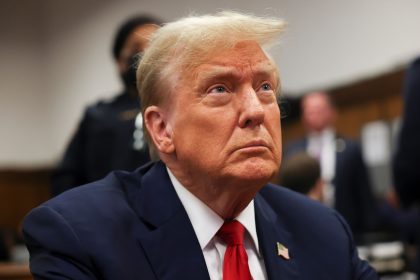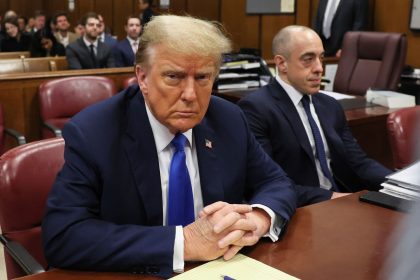Consulting Firm to Pay $377.5M to Settle False Claims Act Allegations

WASHINGTON — The Justice Department is settling with commercial consulting and engineering firm Booz Allen Hamilton for more than $377 million to resolve allegations it violated the False Claims Act by billing to its unrelated government contracts.
The firm was apparently trying to make its services more market competitive by shifting some of its costs to government contracts, thereby compelling taxpayers to subsidize its private contracts, according to prosecutors.
The government says it received no benefit from some of Booz Allen’s private contracts that it was subsidizing between 2011 and 2021.
“This settlement, which is one of the largest procurement fraud settlements in history, demonstrates that the United States will pursue even the largest companies and the most complex matters where taxpayer funds are alleged to have been pilfered,” said U.S. Attorney for the District of Columbia Matthew M. Graves in a statement.
Government contracting rules require a nexus between a firm’s billings and the objective of the contract. Otherwise, contractors could violate the False Claims Act, which is the government’s main litigation tool for protecting itself from fraud.
Prosecutors said Booz Allen sometimes billed for indirect costs that benefited many contracts, only some of which were with the government. Many of the government contracts were with the Defense Department.
“When at the close of a fiscal year Booz’s costs in a particular cost center/band exceed its revenue … Booz occasionally goes back to its U.S. government client demanding additional reimbursements to further subsidize its unexpectedly large, and unallowable, costs,” the Justice Department’s court complaint says.
The government also alleged Booz Allen failed to disclose its accounting methods for its commercial and international businesses.
The settlement resolved what’s called in legal terminology a qui tam, or whistleblower, lawsuit. It refers to a provision of the False Claims Act that allows private parties to file suit on behalf of the United States for false claims and to share in the government’s recovery.
The qui tam lawsuit was filed by Sarah Feinberg, a former Booz Allen employee. She will receive nearly $70 million of the settlement amount.
Booz Allen did not admit liability in the settlement, saying the core issue was a dispute over an accounting method.
“Booz Allen has always believed it acted lawfully and responsibly,” the company said in a statement. “It decided to settle this civil inquiry for pragmatic business reasons to avoid the delay, uncertainty, and expense of protracted litigation. The company did not want to engage in what likely would have been a yearslong court fight with its largest client, the U.S. government, on an immensely complex matter.”
The company’s latest government contract, announced June 27, is a $2.6 billion deal to help manage the Internal Revenue Service’s information technology for tax administration.
Booz Allen spokeswoman Jessica Klenk declined further comment when contacted by The Well News.
The case resulting in the settlement is United States ex rel. Feinberg v. Booz Allen Hamilton, Inc., Civ. A. No. 16-1911 (ACR) (D.D.C.).
You can reach us at [email protected] and follow us on Facebook and Twitter
























